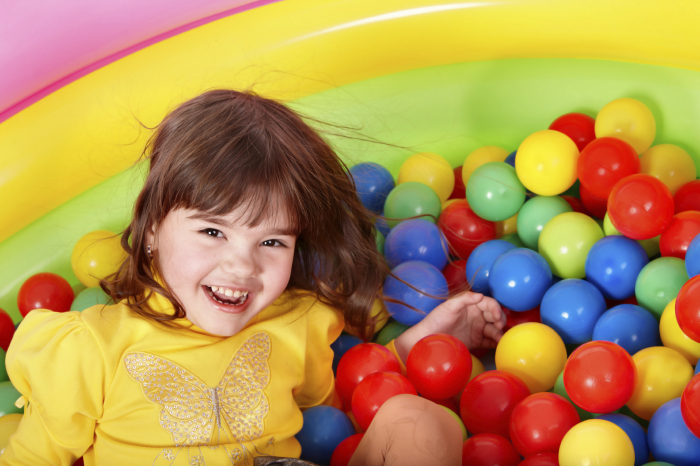Posted: June 29, 2016
Beyond being highly entertaining movies, Finding Nemo and Finding Dory are two important movies in terms of expanding awareness on differences for children. We don’t want to ruin any plot points in these stories as these are truly classic family movies. Instead we want to highlight a few characters that reflect different challenges. Rather than being convenient character development points, these special needs highlighted in Nemo and Dory casually demonstrate those with challenges are just like anyone else and can be heroes in their own right.
- Nemo. The first movie’s hero, Nemo is a small fish with a lot of heart. A key point that comes up throughout the story is Nemo’s small fin that limits his ability to swim quickly. The movie hints that this damaged fin is due to an attack by a barracuda while he was still just an egg, making Nemo the most prominent ‘birth injury’ character in children’s movies, if not film in general.
That Nemo still continues to triumph despite challenges (while people tell him what he cannot do) is a testament to continuing to try and overcome expectations. While there are times where his small fin does legitimately limit him, he also shows bravery and expands his mental toughness. Doing more becomes less about proving others wrong and becomes more about learning what he can accomplish through perseverance.
- Dory. The second movie’s main character, Dory is a helpful, optimistic fish that suffers from short-term memory loss. Though this memory issue provides plenty of room for comedy, characters learn to see beyond Dory’s challenges and see her as a valuable partner. This last point is important: seeing someone as more than their individual challenge (or disability) encourages advocacy and inclusion.
Dory's motto of "Just Keep Swimming" is another fantastic message
There is another element of Dory’s story that has value. Without giving away too much of the story, Dory’s pursuit of finding her parents is triggered by her remembering lessons provided by her parents. As such, these parent lessons ‘worked’ and demonstrate the collaboration that is the basis for plenty of parenting efforts. Showing how Dory’s parents acknowledged her condition and worked with her to teach her critical lessons lays a blueprint for children with special needs to see their own parents efforts.
That doesn’t mean that these movies don’t have flaws. One review of Finding Dory helps highlight how the movie fails to treat all characters with special needs equally and it’s hard not to agree. Very few, if any, movies can get it ‘all’ right. That we’re able to audit a very mainstream movie, though, for its lessons in special needs and disability treatment is a positive. Rather than living in a vacuum where there are no attempts to portray success despite special needs, it’s positive that movies are being made that capture reality in the world we live in.
We want to hear from you: what did you think of Finding Nemo and Finding Dory? What movies have you watched with your child or family that depicted special needs in a helpful, positive way?






